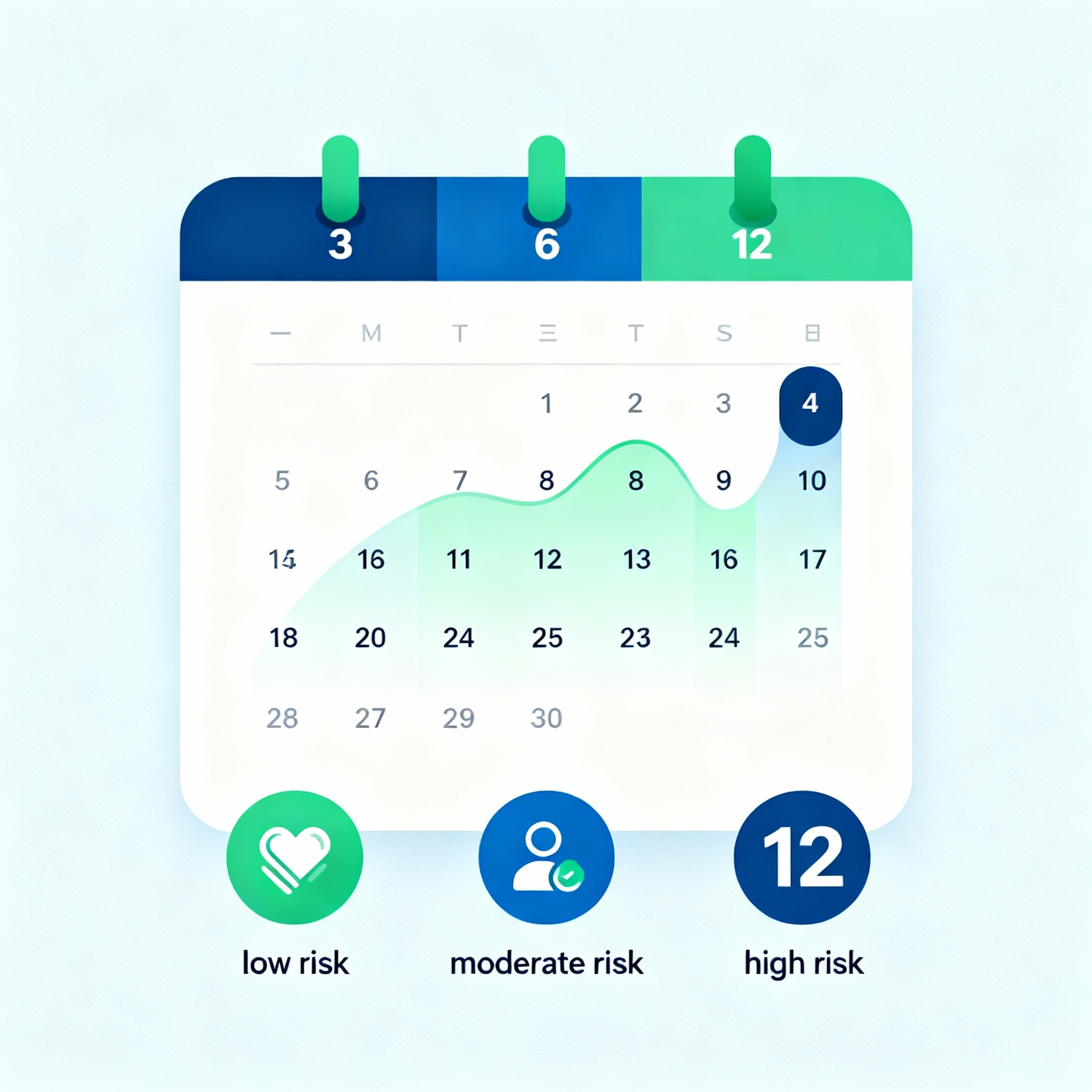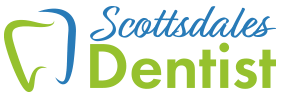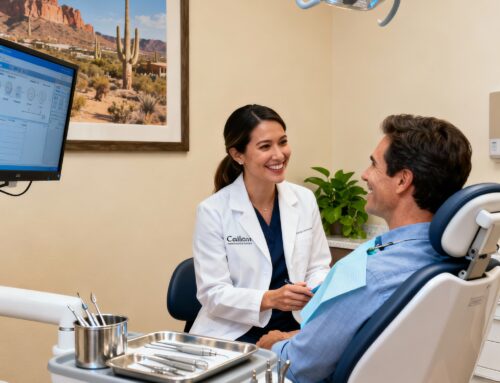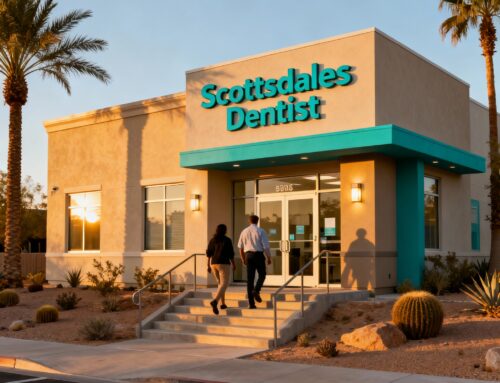Most people assume dental cleanings are one-size-fits-all, but that is not true. If you are wondering how often dental cleaning needed, here is the short answer and the nuance behind it. Scottsdales Dentist serves patients across Scottsdale, including the 85250 area and nearby Park Scottsdale neighborhoods. Our ideal market includes families, professionals, and retirees seeking trusted dental care, from general checkups to advanced cosmetic treatments. From Day 3 content for EARLY stage business we focus on building local visibility, simple preventive messaging, and clear next steps for patients.

How Often Dental Cleaning Needed: The Short Answer
For most healthy adults, a professional cleaning and exam about every six months is the common baseline. This is the schedule many dentists and insurers follow because it balances prevention with practicality. The American Dental Association says recall intervals should be individualized by your dentist based on your risk factors and oral health, so the six month rule is a useful default but not an absolute. American Dental Association
Here is how to think about the schedule, and when you may need to come in more or less often.
Why Six Months Is The Common Recommendation
- Plaque and tartar form steadily over time. Twice-yearly visits are timed to remove buildup before it leads to gum disease or cavities. Cleveland Clinic on dental checkups and cleanings
- Routine professional cleanings let your dental team spot early problems when they are cheaper and easier to treat.
- Dental insurance plans often cover two prophylaxis visits per year, which makes the six month schedule practical for many families. Delta Dental guidance on visit frequency
Who Needs Cleanings More Often
Some patients benefit from a tighter schedule. Typical reasons to visit every 3 to 4 months include:
- History of periodontitis or active gum disease, where maintenance visits reduce recurrence. Mount Sinai on periodontitis and maintenance
- Rapid tartar buildup despite good home care
- Diabetes, smoking, or certain medications that increase infection risk
- Orthodontic appliances that trap plaque and make cleaning harder
If you have gum disease, your dentist may recommend periodontal maintenance every 3 months to keep bacteria levels low and protect bone and gum health. Cleveland Clinic on periodontal maintenance
Who Might Be Able To Space Visits Out
Some low risk patients, with excellent home care and no history of cavities or gum disease, can extend time between cleanings. For example:
- People with consistently excellent oral hygiene and low plaque
- Patients with no restorations or implants that require monitoring
Even when spacing visits out, you should still have at least annual professional exams so your dentist can screen for issues like oral cancer and small cavities.
What Happens During a Professional Cleaning
A typical preventive visit includes:
- Exam of teeth, gums, and oral tissues
- Prophylaxis cleaning to remove plaque and tartar above the gum line
- Polishing, flossing, and sometimes fluoride treatment
- Personalized home care tips and risk assessment
If deeper issues are found, your dentist may recommend scaling and root planing, or a different maintenance cadence, to treat gum pockets below the gum line. Cleveland Clinic on deep cleaning and SRP
Practical Signs You Should Come In Sooner
Ask for an earlier appointment if you notice:
- Bleeding gums while brushing or flossing
- Persistent bad breath despite good home care
- Loose teeth, new sensitivity, or facial swelling
- Visible tartar buildup or staining you cannot remove at home
Those signs often mean bacteria levels are rising and a cleaning now prevents bigger problems later.
Tips To Make Cleanings More Effective
- Brush twice daily with fluoride toothpaste and floss daily
- Use an electric toothbrush if you struggle to remove plaque
- Avoid tobacco and limit acidic, sugary drinks that fuel plaque
- Follow your dentist’s recommended recall schedule, not your insurance allowance
Small changes at home often let you keep a six month schedule longer without complications.
Dental Cleanings, Cosmetic Work, And Restorative Care In Scottsdale
At a local Scottsdale dental clinic, preventive visits are the gateway to other services you may need, such as veneers and Lumineers, teeth whitening, dental implants, crowns and bridges, dentures, periodontal therapy, and restorative dentistry. Regular cleanings make cosmetic results last longer and help protect long term investments like implants or crowns. If you are exploring affordable cosmetic dentistry or restorative options in the 85250 or Park Scottsdale neighborhoods, your hygiene visits are a great time to ask about options and timing.
Cost, Insurance, And Scheduling Realities
- Many plans cover two cleanings per year, but benefits vary by policy and provider.
- If you need more frequent maintenance due to periodontal issues, discuss coverage and treatment frequency with your insurer and dental office.
- Scheduling your next cleaning before you leave the office is an easy way to stay on track.
FAQ
Q: How soon after a cleaning can I eat or drink normally?
Most people can eat and drink right away, though your teeth may be slightly sensitive for a few hours. If your hygienist applied fluoride, they may advise waiting 30 minutes before eating to let the treatment adhere.
Q: Can frequent cleanings damage enamel?
Professional cleanings performed correctly do not harm enamel. Aggressive home brushing with hard bristles or abrasive pastes is more likely to cause wear.
Q: Do children need cleanings every six months?
Many children benefit from visits every six months, especially during tooth eruption and when they have braces. Your pediatric dentist will tailor the schedule to your child’s needs.
Q: Will my dentist decide the schedule or can I choose?
Your dentist will recommend a schedule based on clinical findings and risk factors, but you should discuss preferences, budget, and logistics to agree on a plan.
Q: What if I have implants or crowns, does that change the cleaning schedule?
Implants and complex restorations often require careful maintenance. Your dentist may recommend more frequent hygiene visits to protect surrounding tissues and prosthetics.
Make Your Next Appointment in Scottsdale
If you live in Scottsdale, including the 85250 area or Park Scottsdale neighborhoods, and want a clear plan for preventive care, schedule a visit with a local team that offers general dentistry, cosmetic dentistry, implants, periodontal therapy, and emergency care. It is an easy next step to protect your smile and any restorative or cosmetic work you have planned. Book online or learn more at https://scottsdalesdentist.com/
Conclusion
Here is the practical takeaway: the six month cleaning is a reliable starting point, but the right schedule is personal. If you have gum disease, diabetes, smoke, or have heavy buildup, expect more frequent visits. If you keep excellent home care and remain low risk, your dentist might safely extend your interval. For families, professionals, and retirees in Scottsdale, regular preventive visits keep small problems from becoming big ones and help cosmetic and restorative work last longer. Ask your dentist for a tailored recall schedule, and stick with it. Your smile will thank you.






